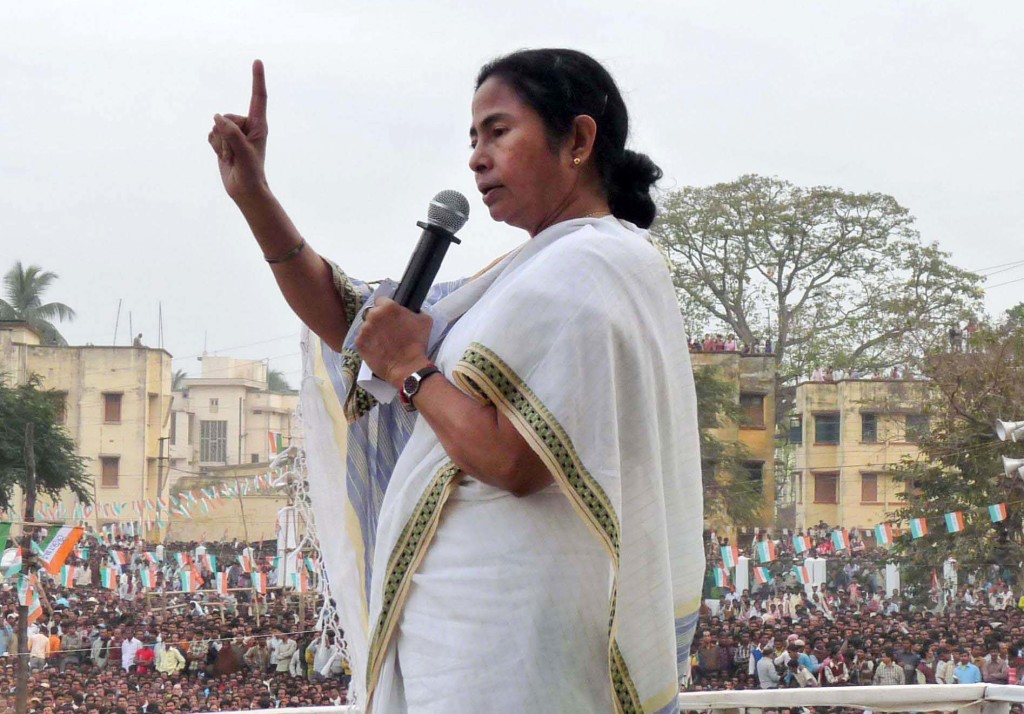West Bengal Chief Minister Mamata Banerjee on Friday said the central government needs to frame an iron-ore policy which will benefit the states.
“For coal, there is a national policy but for iron-ore there is none,” she said in the presence of union Coal and New and Renewable Energy Minister.
“If you can set up an iron-ore policy then states will be benefited,” she told the union minister.
WB CM was attending the inauguration of coal behemoth Coal India Ltd’s (CIL) new corporate headquarters at Rajarhat.
“Coal and iron are very important,” she said.
According to the Chief Minister, with the modernisation of the steel industry picking up pace in the state, the potential for steel plants is good.
“The industry potential is very good,” she said.
She also assured the union minister of all possible help and assistance for projects in the energy, coal and power sectors.
“Whatever help you need for renewable energy project or coal project or power project, we will always extend our cooperation,” she said.


